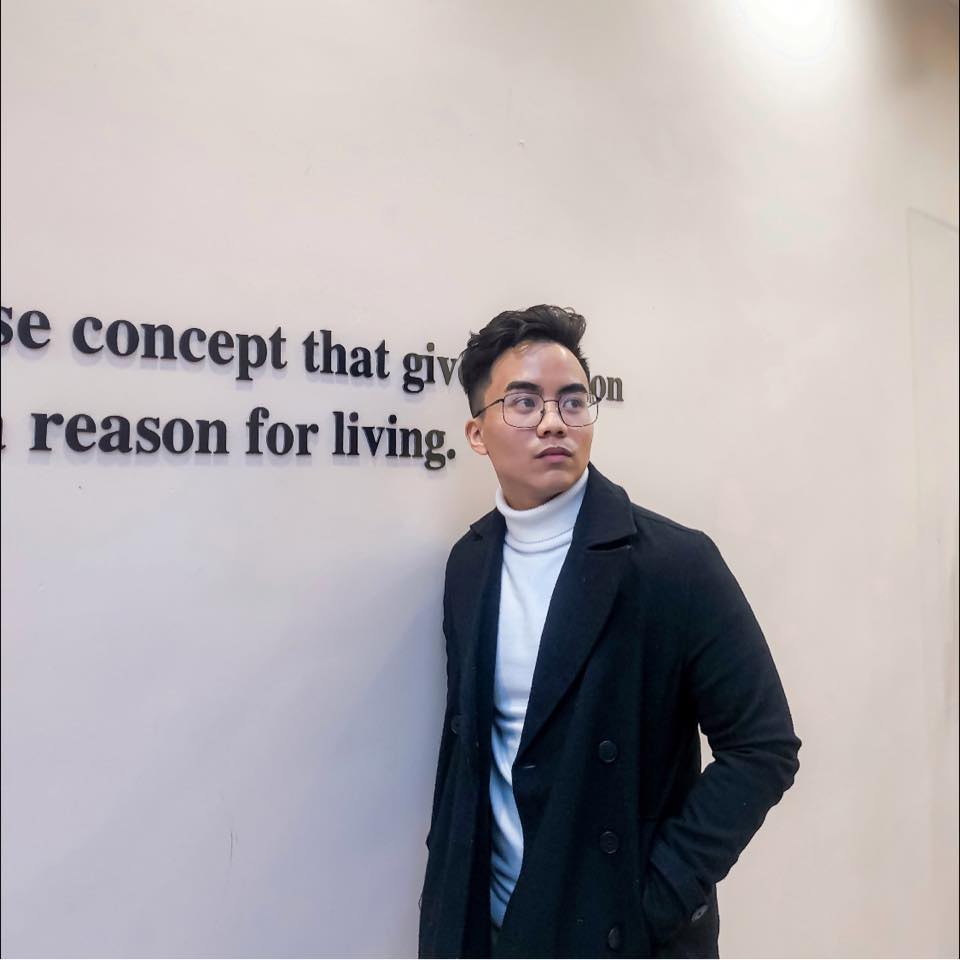Trailblazer of Vietnam
According to estimates, Vietnam is home to approximately 189,000 people who inject drugs (from 2019 to 2022), with an HIV prevalence of 12.1% (HIV Sentinel Surveillance Plus, 2021). Despite these concerning statistics, interventions that aim to reduce the HIV prevalence have been minimal. In 2021, the government of Vietnam introduced a decree focusing on the management of illegal drug users as a preventative measure, aiming to deter continued drug use and prevent illegal activities. The decree requires mandatory testing of PUD for drug use, and upon being tested positive, strict supervision and observation by the authorities. Of course, a process of strict monitoring by the police for one year. However, this approach has inadvertently heightened fear within the drug-using community, deterring many from seeking harm reduction and drug dependence treatment services.
In the face of such challenges, hope and advocacy persist, exemplified by individuals like Viet Nam who are serving the communities of people who use drugs at VNPUD [Vietnam Network of People who Use Drugs]. With a background in international business studies, Nam has a personal experience of substance use within his family, and hence chose to engage with the community, despite not having used drugs himself. Nam has had a first-hand experience of the impact of drug use on his family members. Nam’s aunt used drugs for more than a decade. Due to her substance use, she was arrested by the police, faced trials and was sent to prison and a drug rehabilitation centre, multiple times. Nam’s maternal uncle was also arrested by the police for handling drugs and had to undergo imprisonment for one year. This incident, took a toll on his family as he was the sole breadwinner. However, these incidents ignited Nam's confidence and motivated him to work for the underserved community.
After his graduation, Nam worked as an English teacher and later joined his Aunt's organisation-VNPUD where he began working as an English-Vietnamese translator. Thus, Nam began to understand the issues of the community. He realized that the voices of people who use drugs should be heard and attended to. Later on, he was appointed as the National Coordinator for the IAAP [Innovative Advocacy Approaches Project], which was awarded to VNPUD through a small grant under the Robert Carr Network funding (RCF) implemented by NAPUD (Network of Asian People who Use Drugs) in three countries across the Asian region most notably Indonesia, Thailand and Vietnam in 2023. The focus of VNPUD was community systems strengthening (CSS) through a series of community consultations to identify key advocacy issues, rebuild network membership, develop an information collection system and capacity building of network members. The intervention catchment area were two major cities Hanoi and Ho Chi Minh City.
He also continues his support as a translator and also supports the day-to-day running of the Hope café, as he has a business background. The cafe is economically self-sufficient and has a sustainable model. The staff (2 full-time and 3 part-time volunteers) are from the community at Hope Cafe, which was launched last year 2023.
Currently, Nam is 24 years old and plans to continue his work and connect more young people who use drugs to the program. He thinks that more avenues can be created to improve the knowledge by instilling information related to harm reduction, and HIV among young people. Hence, he wants to reach out and involve more people in this movement. Nam has witnessed the transformation of his Aunt, from “addiction to empowerment”, and from “invisibility to influence”. Seeing her being so resilient and thriving in life gave him a different perspective and an eye-opener about the PUD community. He was inclined to work for and support the community by offering his services.
In Vietnam, the education system portrays drug use as a societal taboo, emphasizing its detrimental impact on individuals' lives. However, Nam's experiences have led him to humanize people who use drugs and recognize the complexity of addiction. He believes that society's black-and-white view of addiction overlooks the potential for individuals to use drugs responsibly, enabling them to remain productive members of society.
Nam has also observed the limited opportunities available to people who use drugs (PUD) in Vietnam, whether due to their socioeconomic status or the barriers created by drug use. Despite the challenges, he has found that with the right guidance, the PUD community can quickly grasp technical concepts related to economics and marketing. Additionally, their limited English speaking skills pose a barrier to engaging with international partners, leading Nam to continue his efforts with VNPUD.
Furthermore, Nam has recognized the need to work with youth, as they often lack knowledge about harm reduction and HIV. While youths are generally open-minded and quick to learn, they may have other concerns that hinder their engagement. Nam is committed to continuing his work with the young population, aiming to influence individuals to join the movement in addressing these issues.
Nam's vision for the future is one of hope and empowerment, where the voices of the PUD community are heard, their rights are protected, and they have the opportunity to thrive, unburdened by stigma or the shadows of their past.
“Be open-minded towards people, sometimes all they need is a few kinds words that can support!”
“Drug users are People too!”
“There is nothing, but Hope!”
